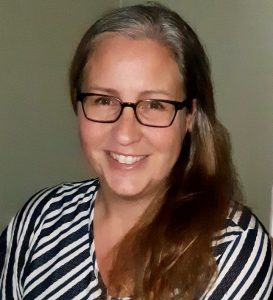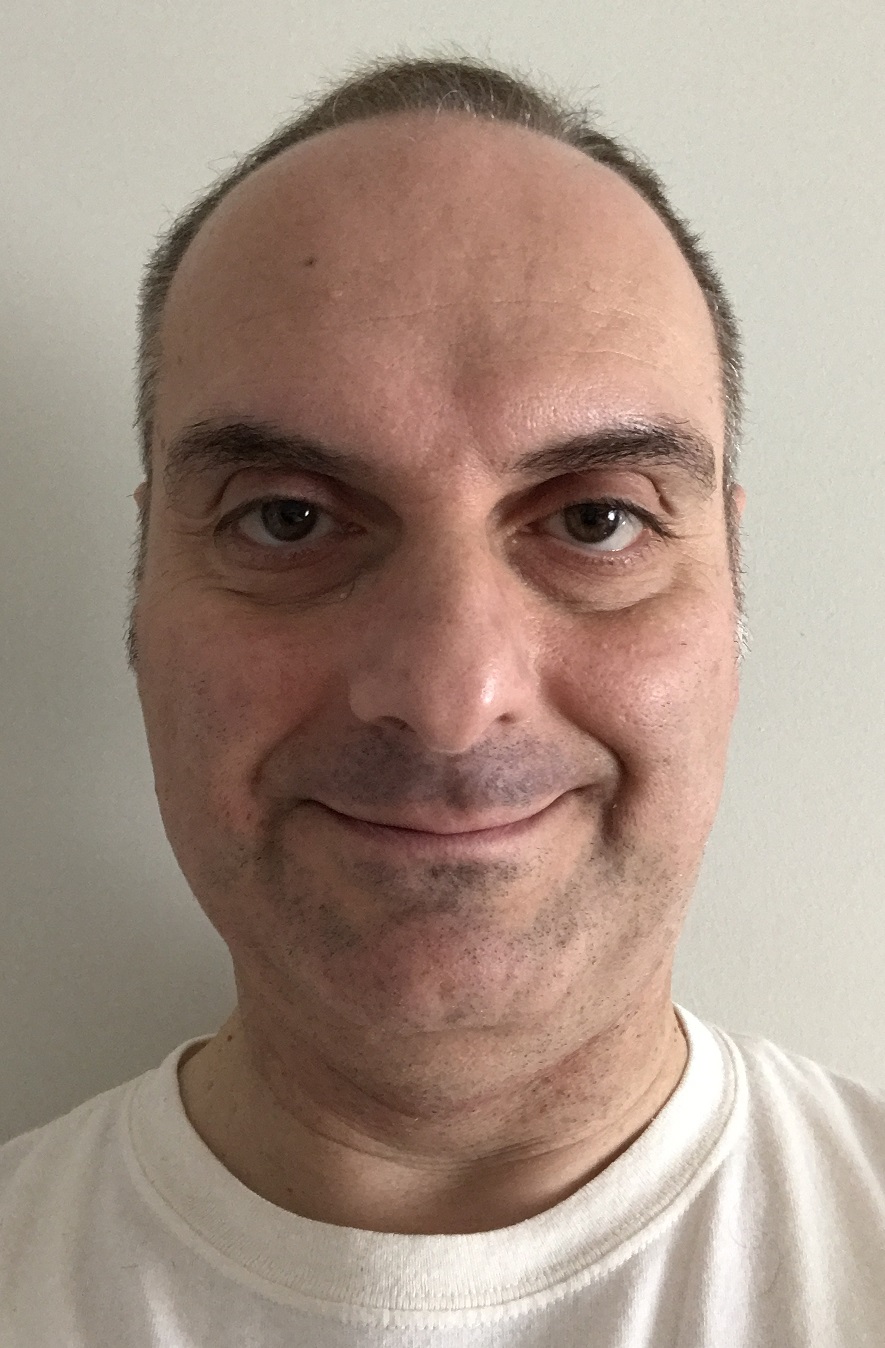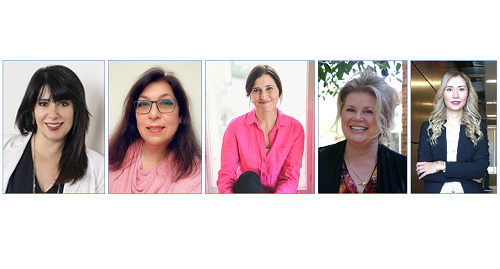Had You Connected to the Last Event
By Fatima Al-Roubaiai, Graduate Student, School of Nursing, UBC Okanagan
Had You Connected . . . Can Continuous Improvement Impact the Reduction of Systemic Racism in Healthcare
On February 24th, 2021, Debbie Sears Barnard gave an informative and inspirational talk via TEAMS from her home in Dubai about what Continuous Improvement (CI) professionals can do about systemic racism in healthcare. Debbie began by giving a special shout out to the Women in Lean, an online community of improvers, as well as Deondra Wardelle of #rootcauseracism for their power and energy towards ending racism around the world. This is part of what I love about learning with Debbie – she begins from a place of purpose, a place of community, and invites you in with arms wide open. I first met Debbie in Northern Ontario ten years ago. She was my first mentor in quality and improvement, and she continues to be a support for me today. One of her reminders to all of us working for change was to “get comfortable being uncomfortable,” and she found a way to bring that into her presentation.
One point that I continue to reflect on is how in 2021, we still cannot ensure that all patients will be treated with respect and dignity. Not in the United States, not in Canada, and not around the world. It has been decades since the Institute of Medicine report and To Err is Human were published, and in this time, there have been infinite references to the social determinants of health, yet still the frustration with our failure to move the needle on equity is real. Healthcare has a long history of racism to work through. The Tuskegee Syphilis Study in which researchers experimented on Black men enrolled in the study for 40 years and knowingly allowed them to die when a treatment became available. Or myths about physical racial differences that doctors still believe today, and that lead to racial profiling in healthcare and differences in treatment. All of this is unnerving and can bring about all types of feelings, so now what do we do about it?
Debbie made an excellent point around CI professionals being perfectly positioned to help move us from the current to an idealized state. She challenged us to learn and act. Do we know the key terms around this topic: racism, implicit bias, intersection of racism and health, equality, equity? She challenged us as CI professionals to use the language, to use what we know to help the teams we work with. Do we really know what our baseline is? Where are the gaps? Go and see! When we approach equity, let’s apply the same steps to problem-solving – identify, analyze, develop, test/implement, sustain.
The most impactful recommendation had to be around making equity the priority. Equity infuses all of quality care. That work needs to happen at an organizational and leadership level. We need to identify and promote the conditions that support equity and quality in healthcare. Is there a lens of diversity, equity, and inclusion? Do the members of the health system represent the communities that they serve? Do staff feel taken care of and safe? And do they understand their role towards the overall strategy?
This past year, with the pandemic spreading around the world; the killing of George Floyd (and so many others) by police in the US; the deaths of Chantel Moore, Ejaz Choudry, and other fatal encounters with police and RCMP during wellness checks in Canada; and the anti-Indigenous, anti-Asian, anti-Black, anti-other racism happening across our country – this talk helped to focus me towards action. I am so grateful to Debbie for taking the time to research and prepare this talk, and I thank ASQ Montreal for hosting and encouraging my small contribution with this article.
I have compiled a list of a few of the many resources Debbie shared in her talk to pass on to my fellow CI and quality professionals:
- #rootcauseracism
- TEDTalk: Get Comfortable with Being Uncomfortable by Luvvie Ajayi Jones
- Equity: The Forgotten Aim? By Derek Feeley, Past IHI President
- How Improvement Science Can Meet the Moment (or Miss the Mark) by Kedar Mate, Current IHI President
- Protecting Yourself and Your Patients from Implicit Bias by Michelle van Ryn
- 15 Ideas for Decreasing the Impact of Racism on Health by Wellesley Institute
Had You Connected to the Last Event Read More »






 Contact
Contact 



